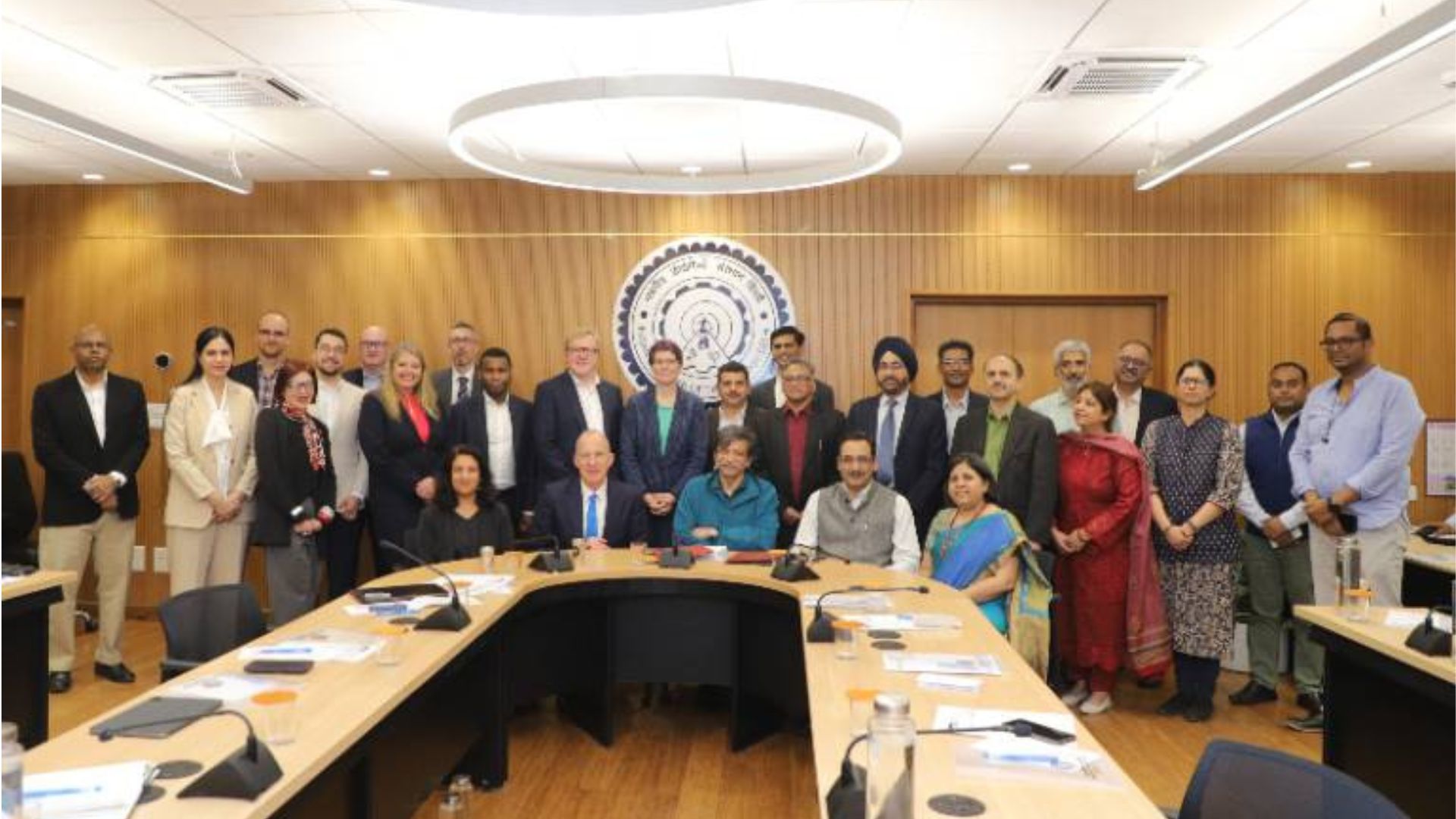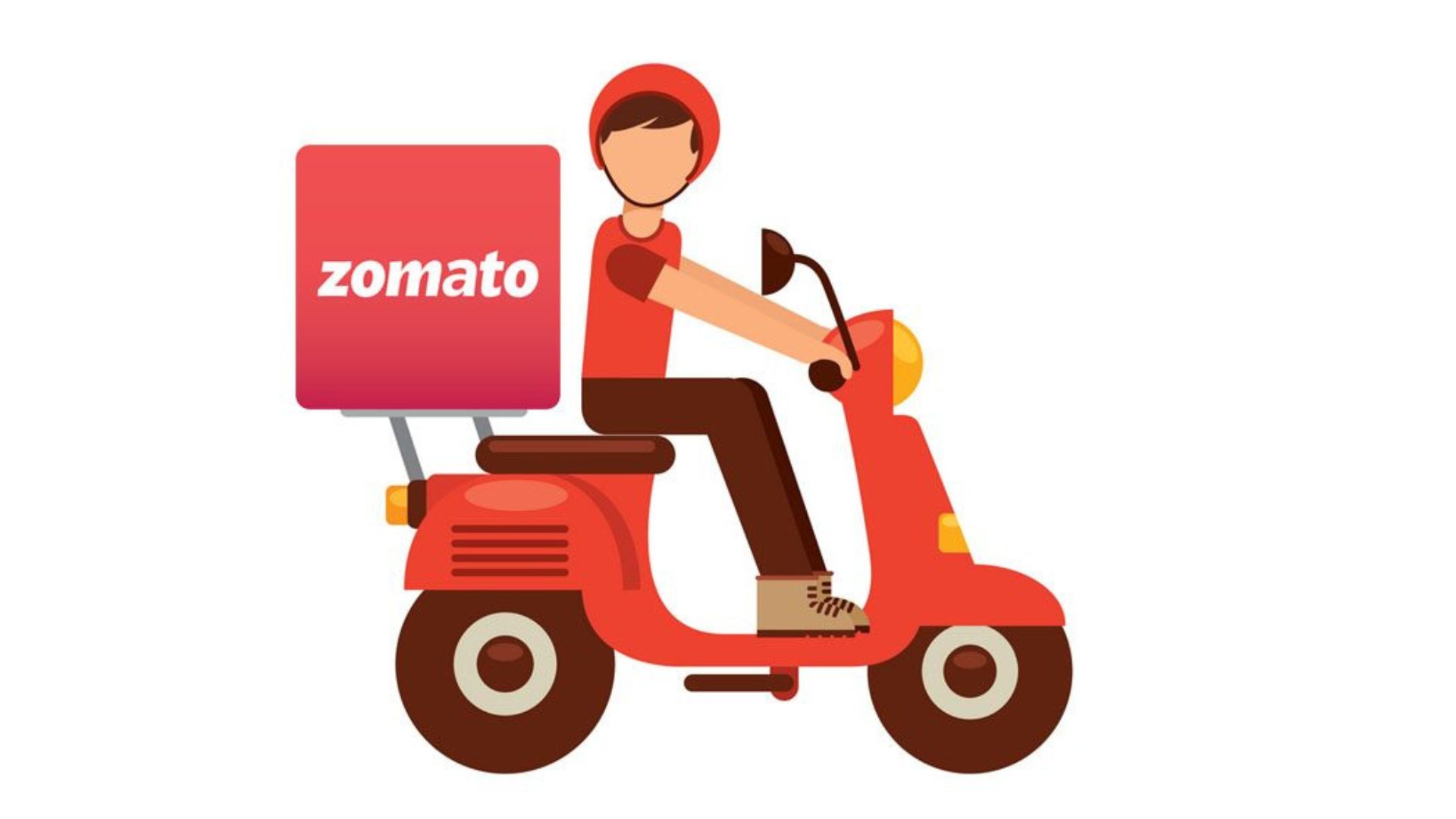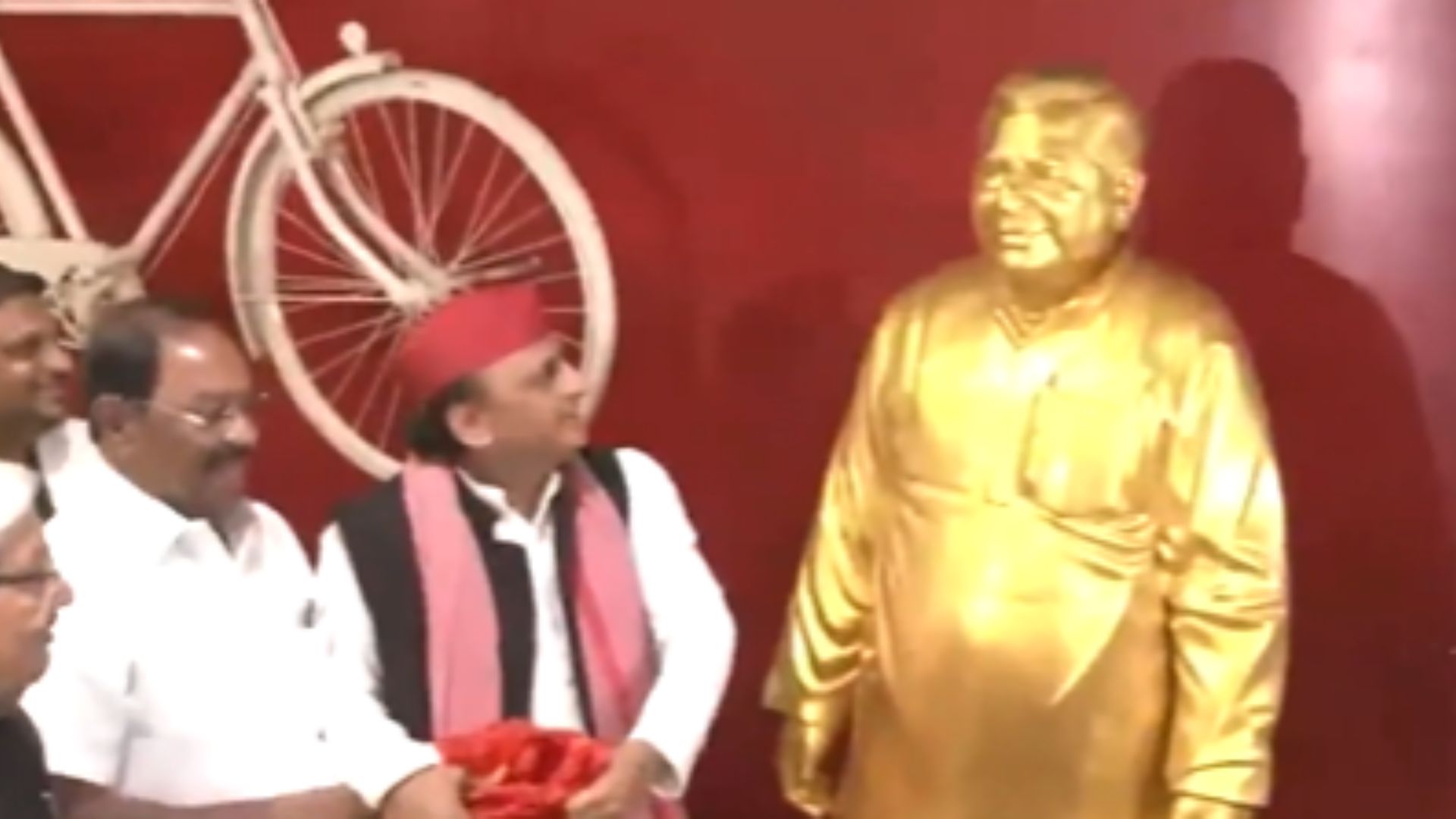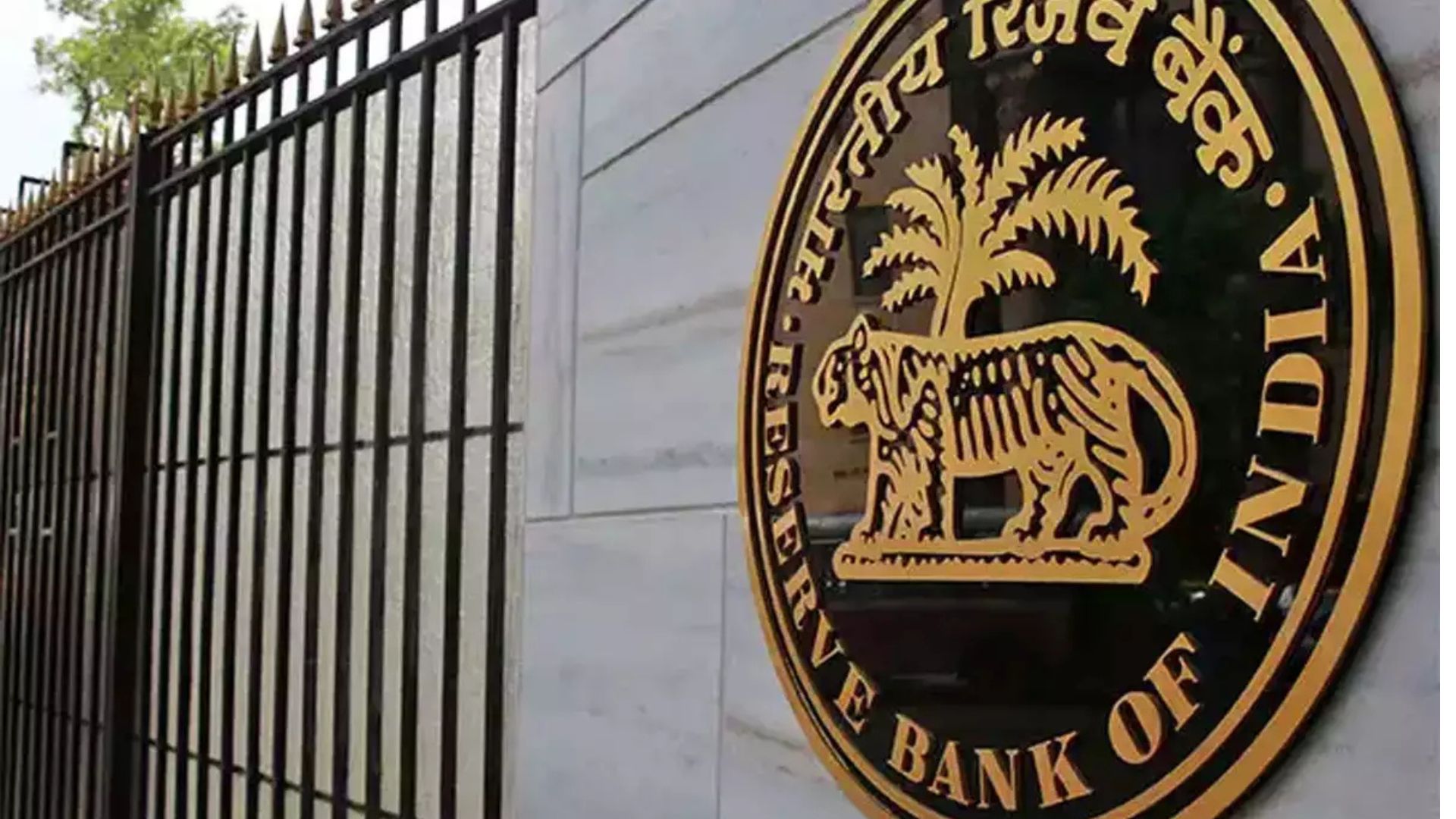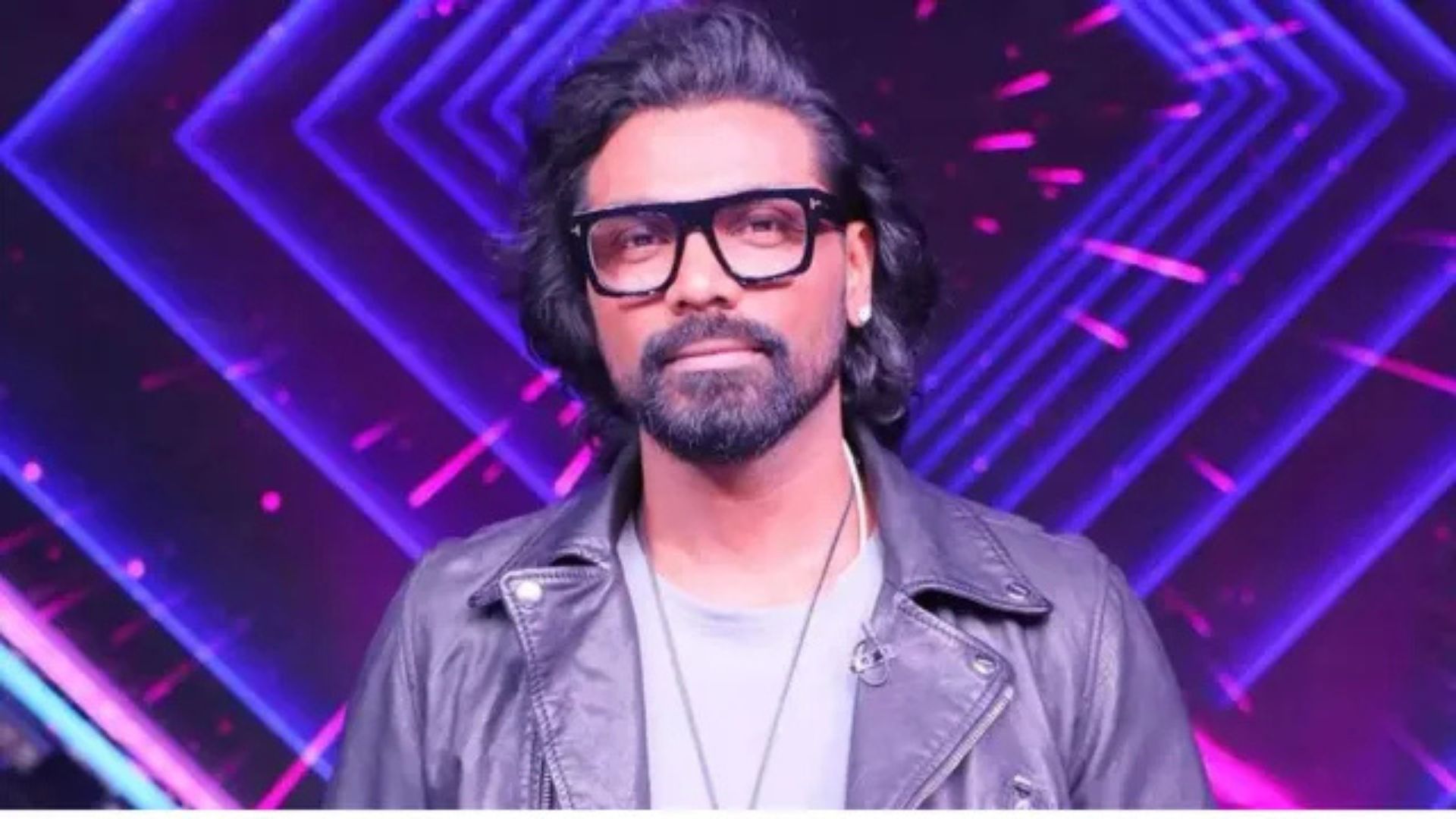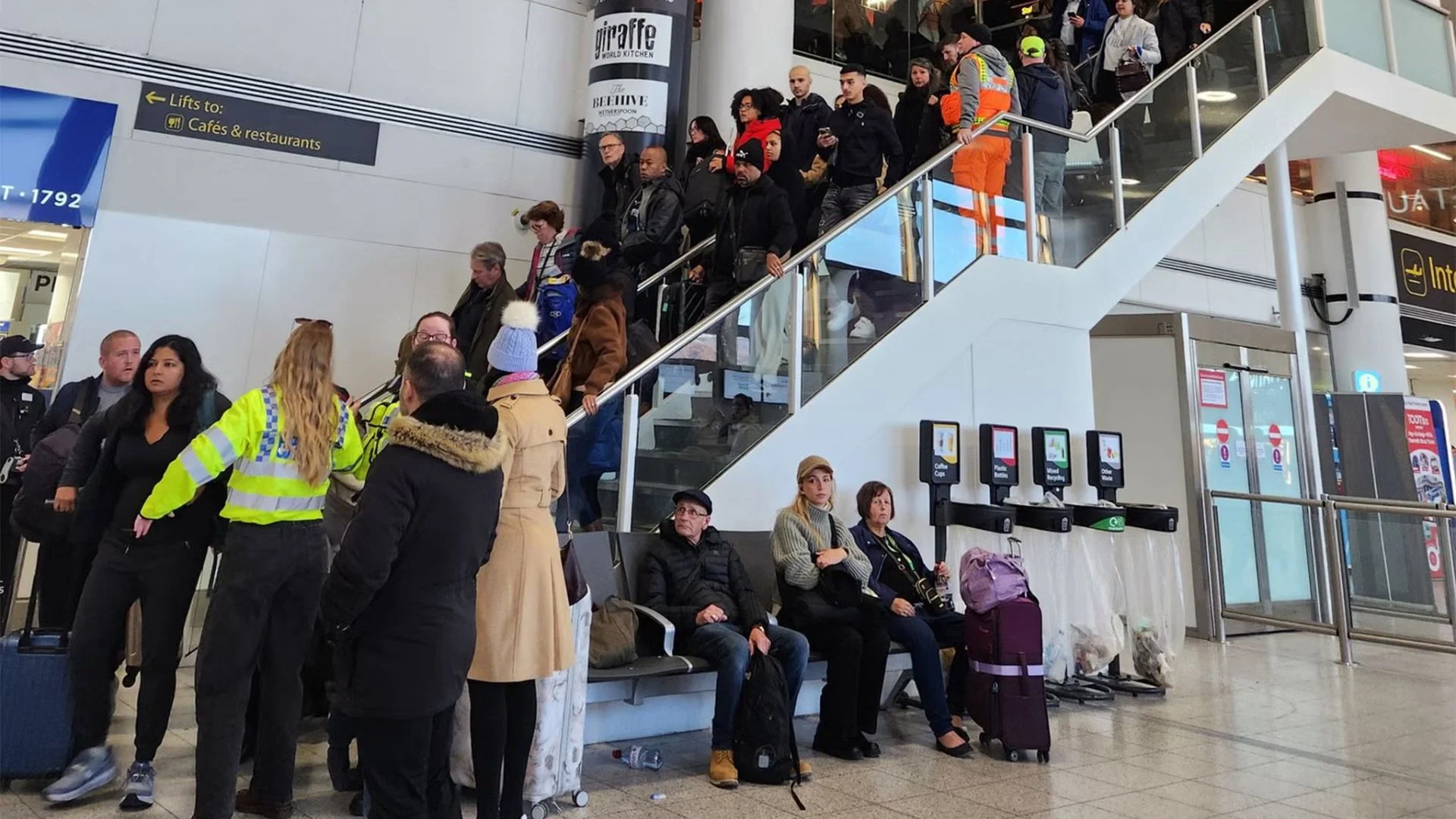
The Sunday Guardian inaugurated its Mumbai edition with a panel discussion featuring the city’s iconic dabbawalas. The event, held in the spirit of Mumbai, aimed to highlight the city’s unique characteristics and resilience. The panel discussion began with a tribute to the dabbawalas, the backbone of Mumbai’s lunch delivery system. Five representatives from the Dabbawala Association were present, including Mr Ulhas Mulke, the President of the Association, Mr Vinod Shete, Chintaman Bachche, Kiran Ganvade, Ramdas Karvande, and Sopankaka Mare.
The dabbawalas have been serving Mumbai for the last 133 years, delivering home-cooked meals to over 200,000 customers daily. Before the COVID-19 pandemic, the association had around 5,000 active dabbawalas. However, the pandemic has significantly impacted their operations.
According to Mr Mulke, the number of customers has dropped to between 50,000 and 60,000 since the onset of the pandemic. The workforce, too, has seen a reduction, with only about 1,500 dabbawalas currently active. Despite these challenges, the association is witnessing a steady increase in people wanting to join their ranks.
The association is making concerted efforts to adapt to the changing circumstances. They are exploring different ways to bring their service to more people and are working on involving those who have separated from the association during the pandemic.
Sharing a memory about the adverse conditions in which they serve the customers, Mr Vinod said, In 2005, when Mumbai came to a standstill for four days due to heavy rainfall, we, the dabbawalas, were at CST Railway Station holding our lunch boxes for four days. These are very precious moments in my life. Whenever we delivered the lunchboxes to the customers, only then did we reach home on the fifth day. In other words, these people are not off duty until the lunchbox reaches their customer. We salute this spirit.
In 2008, two dabbawalas were among the three Indians invited to Prince Charles’ wedding, a testament to the trust and respect they have earned over the years. This recognition on a global platform was a moment of immense pride for the Dabbawala community.
Despite their traditional methods, the dabbawalas are not averse to change. Echoing Prime Minister Modi’s vision of a digital India, they are keen on incorporating technology into their operations. Mobile phones have already improved their coordination with customers, and they are now working on developing an app for their services.
The dabbawalas’ transition to digital is being guided by Shrikant Bharti, an MLA of the Vidhan Parishad. Their representative in the government, Bharti, is helping them navigate the digital landscape while preserving their unique identity. The dabbawalas have been serving Mumbai for 133 years, and their brand stands strong. They have chosen not to associate with food delivery apps like Swiggy and Zomato, preferring to maintain their independent brand. Despite the challenges posed by the pandemic, they continue to deliver lunch boxes to 40,000 to 50,000 people in Mumbai every day.
The Dabbawalas’ story is a testament to their resilience, their commitment to service, and their ability to adapt while preserving tradition. As they continue to serve Mumbai, they carry with them the spirit of the city—a spirit of resilience, adaptability, and unwavering dedication. Their journey is a reminder of the city’s rich history and its dynamic future. Thank you, dabbawalas, for keeping the spirit of Mumbai alive.
